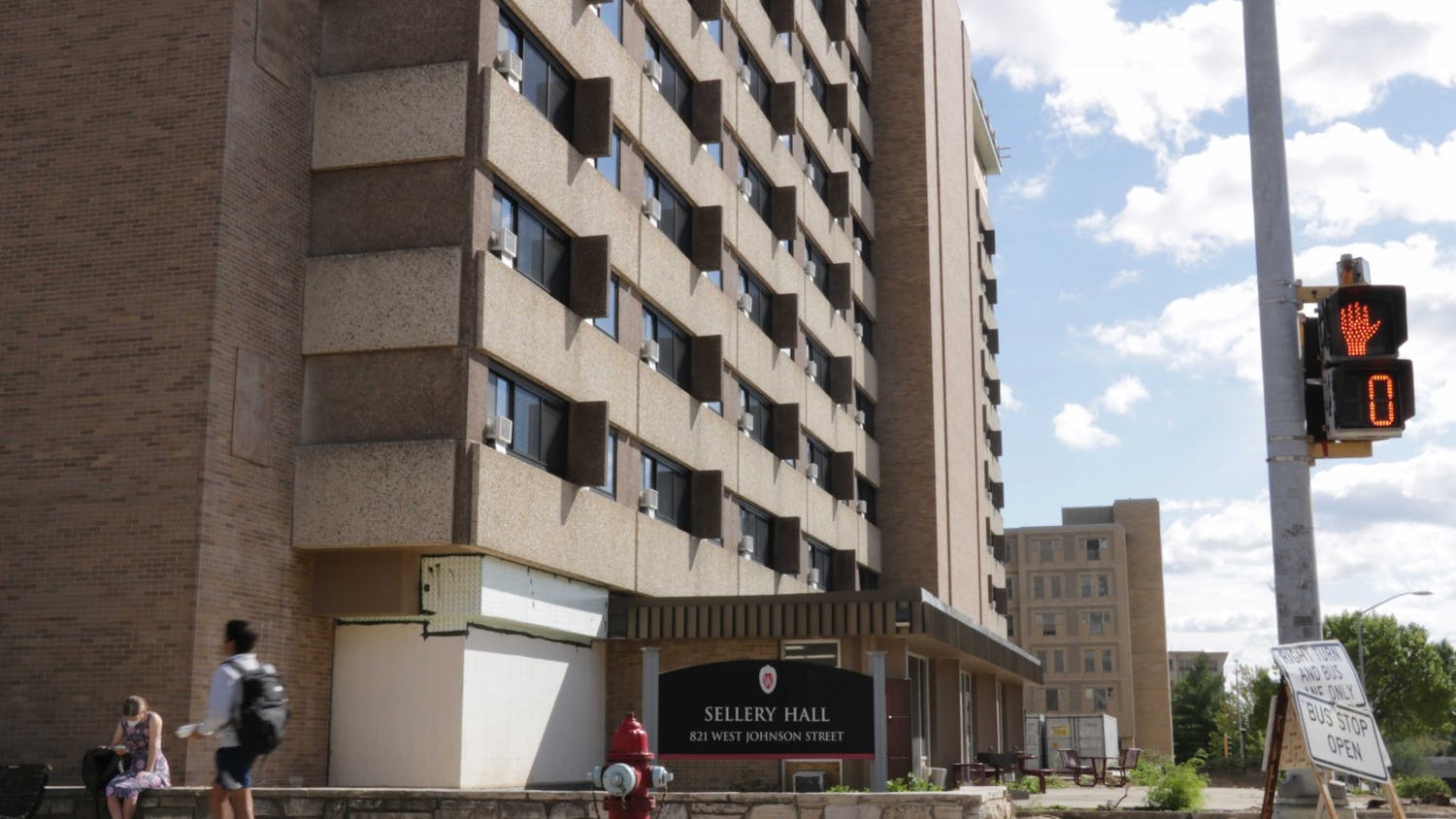Over half of the food found in the university’s dining halls can be categorized as “local.” But the administrators in charge of dining are looking to make that percentage even higher.
UW-Madison’s Dining and Culinary Services wants students to know their food is sourced from the Madison area and the state as much as possible, while supporting local businesses and protecting the environment in the process.
Peter Testory, the Director of Dining and Culinary Services, told The Daily Cardinal that there are three definitions of “local” food used by the university: “Local food,” “local vendor” and “manufactured in Wisconsin.” Altogether, these make up about 59 percent of food served by the department on campus.
“I don’t want to say that local products are higher quality, because that is not necessarily the case,” Testory said. “But there is something nice about knowing where your food comes from.”
To be considered “local food,” all ingredients must be grown, processed and packaged in Wisconsin. About 12 percent of the food served in the dining halls currently meets this standard. Local vendors, on the other hand, don’t necessarily have to raise their food in the state, but they must contribute to its production within the City of Madison or the surrounding area. Roughly 10 percent of food found in the dining halls can be defined this way.
The largest percentage of local food used by dining halls are products manufactured in Wisconsin, but are not always grown in the state. For example, Brakebush Chickens, which are not necessarily born or raised in Wisconsin but are processed and packaged in the state, fall under this category.
The definition of local food should also be fair to local businesses and producers, Testory said.
Testory said he believes that expecting a product to be 100 percent locally sourced can be unfair. Local businesses have to charge higher prices for their products, and requiring them to source local ingredients may drive these prices up and reduce their competitiveness.
“At the end of the day, it is not important to me what it is labeled,” said Testory. “It is important to me that we are reducing the carbon footprint, supporting our local businesses and being good stewards of our students’ money.”
Local products and the associated increase in costs must be balanced with smart business decisions, Testory explained.
One of these decisions, Testory says, was the switch this year from Starbucks Coffee to locally roasted coffee. Not only is the coffee roasted, ground and delivered within 48 hours, it is also cheaper. Dining and Culinary Services was able to apply those savings to salad and fruit.
Looking ahead, Testory said his department hopes to further improve upon “telling the story” — that is, explaining to students what products are used and where they come from. This would not only apply to local products, but also to other sustainable products like seafood.
“If a student, or if anybody, knows where their food is coming from, it is automatically a better experience,” Testory said.






